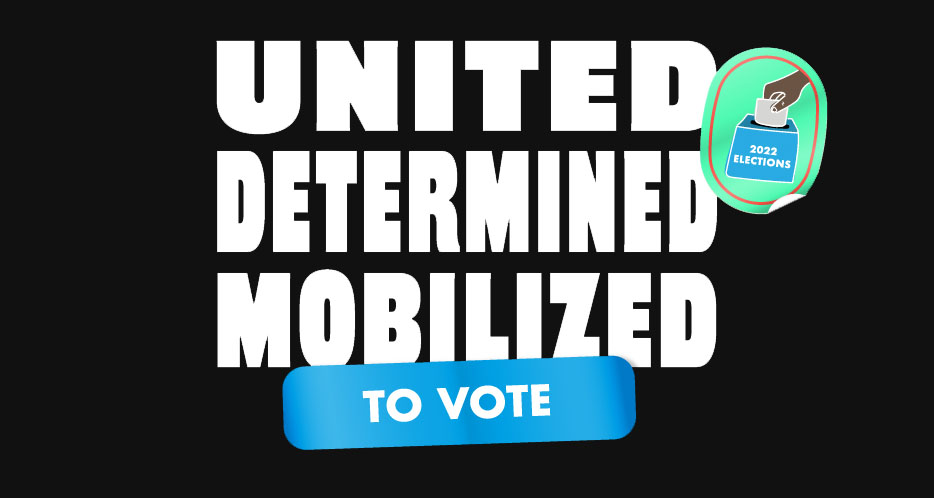
CAQ government elected: the FIQ calls for a government that listens to healthcare professionals
The day after the election, the Fédération interprofessionnelle de la santé du Québec–FIQ asks for a change in attitude in the CAQ government. “After over two years of using ministerial orders to impose working conditions, it is time to rebuild a constructive dialogue, not only for the well-being of our members, but for the people who use the health system,” said FIQ President Julie Bouchard.
The CAQ’s last healthcare mandate left healthcare professionals with a bitter aftertaste. Already, during the 2018 campaign, François Legault’s party promised to abolish mandatory overtime hours and to review the healthcare professional-to-patient ratios. “These promises were never fulfilled, said Julie Bouchard. Now he has been re-elected with basically the same promises. It’s not surprising that there is a certain scepticism in our ranks as to whether they will be fulfilled. If the government is serious about its intentions, it doesn’t need to pay a firm $35,000 per day; the FIQ would be pleased to advise it for free.”
On the way to renewing the collective agreement
The renewal of the healthcare professionals’ collective agreement, which expires on March 31, 2023, is one of the first challenges awaiting the government.
“We have heard CAQ representatives say on all platforms that they want to make the health network a top employer, if not the best employer. That’s good because nurses, respiratory therapists, clinical perfusionists, licensed practical nurses and the population have huge expectations. We will wait for the employer submission, which should be ready before the new year, to see if they meant what they said,” continued Ms. Bouchard, FIQ President.
Warning against the siren call of the private sector
The Dubé plan is announcing a bigger role for private health care. François Legault stated that he wants to innovate with the private sector in health care. The CAQ plans to build private mini hospitals that are a mid-point between family medicine groups (FMG) and hospitals.
“A warning is needed here. Giving the private sector a bigger role in health care is definitely not the solution. Private CHSLDs showed their limits during the pandemic and demanded that the public network come to the rescue – when the network wasn’t putting them under trusteeship – to ensure safe care. FMGs are unable to provide the number of hours/care set out in their contract. Employment agencies cost the government a fortune and drain staff. Implementing computer systems through the private sector just ends in constant fiasco. Instead of investing in the private sector, the government would be much better off reinvesting in the health network. The public sector is the only solution that can guarantee the universality, accessibility, equity and quality of care,” said the FIQ president.
Fight against systemic racism
The FIQ would like to point out that coroner Géhane Kamel’s first recommendation following the tragic death of Joyce Echaquan was to recognize systemic racism. “The Legault government must stop burying its head in the sand and recognize the systemic racism in the health and social services network. It is impossible to fight an enemy if you don’t first recognize it,” said Ms. Bouchard.
The FIQ invites the government to adopt Joyce’s Principle, which aims to guarantee the right to access equitable health and social services to all Indigenous peoples, free of discrimination, and the right to enjoy the best possible physical, mental, emotional and spiritual health possible.